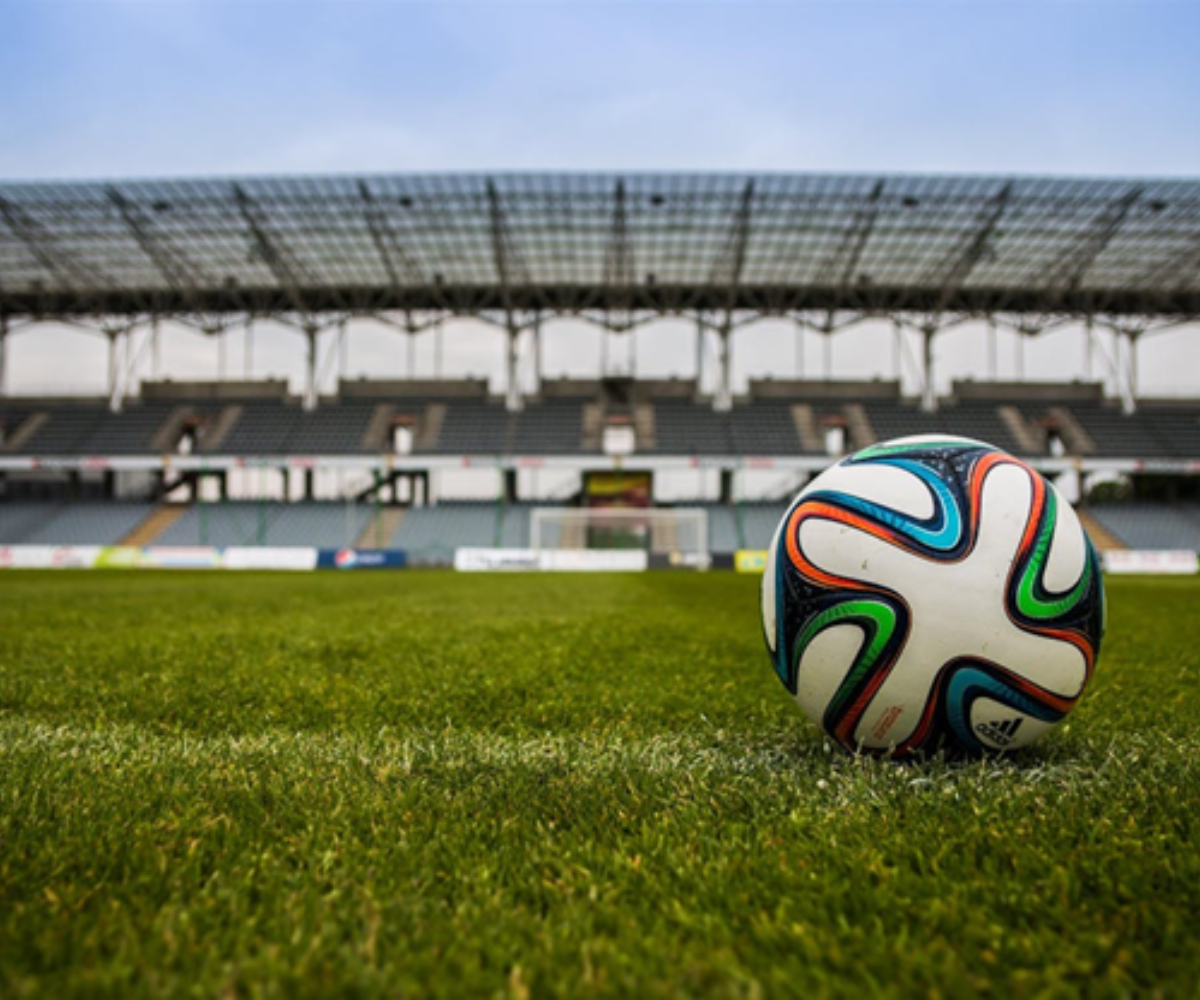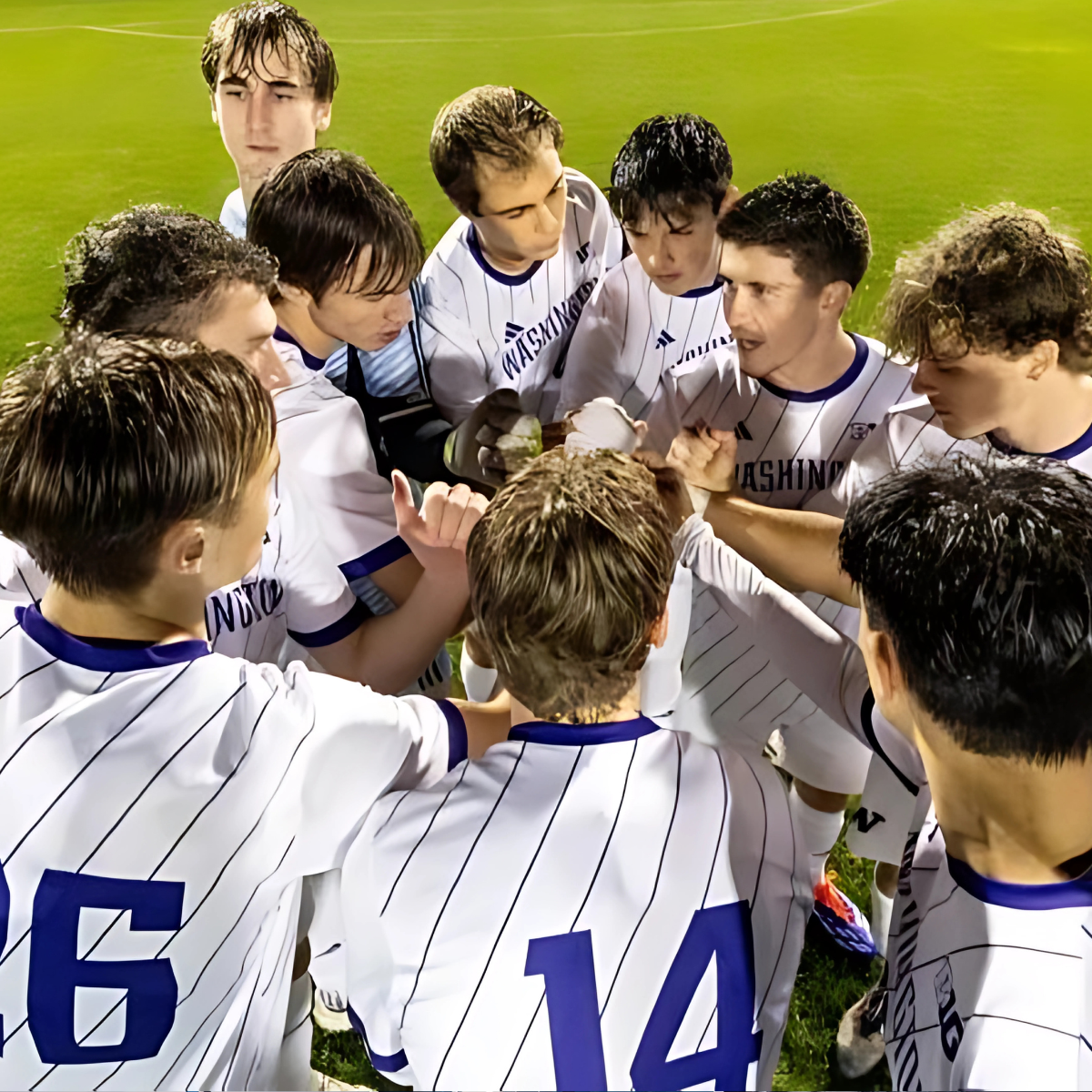The Psychology of Injury Recovery and How Athletes Can Optimize It
Injuries are an inevitable part of an athlete's career, but the recovery process extends beyond physical healing. The psychology of injury recovery plays a crucial role in determining how effectively an athlete can return to their sport. Understanding the mental and emotional aspects of recovery can help athletes optimize their rehabilitation and regain confidence in their abilities.
Understanding the Psychological Impact of Injuries
Athletes often experience a range of psychological responses following an injury, which can significantly affect their recovery process. Common emotional reactions include:
- Fear and Anxiety: Many athletes develop a fear of re-injury or anxiety about returning to competition. This fear can hinder their willingness to engage fully in rehabilitation exercises or return to play.
- Depression: The loss of participation in a beloved sport can lead to feelings of sadness and hopelessness. Injured athletes may struggle with identity loss, as their self-worth is often tied to their athletic performance.
- Frustration and Anger: Athletes may feel frustrated by the limitations imposed by their injuries, leading to anger towards themselves or the situation.
- Unrealistic Expectations: Some athletes may set overly ambitious recovery goals, leading to disappointment and discouragement if they do not meet them.
The Five Stages of Grief in Injury Recovery
Injured athletes often navigate a psychological process similar to the five stages of grief, as identified by Elisabeth Kübler-Ross:
- Denial: Initially, athletes may refuse to accept that they are injured or underestimate the severity of their condition.
- Anger: As reality sets in, frustration may lead to anger directed at themselves, coaches, or even teammates.
- Bargaining: Athletes might attempt to negotiate with themselves or others, seeking shortcuts to recovery or expressing wishes for a quick return.
- Depression: Feelings of sadness and hopelessness can emerge as athletes grapple with the implications of their injuries on their lives and careers.
- Acceptance: Ultimately, acceptance involves recognizing the injury and its consequences while committing to the rehabilitation process.
Understanding these stages can help athletes and coaches navigate the emotional landscape of injury recovery more effectively.
Read: How does the concept of emotional intelligence impact team sports?
Optimizing Psychological Recovery
To facilitate effective recovery from sports injuries, athletes can employ several strategies:
- Set Realistic Goals: Establishing achievable short-term goals helps maintain motivation and provides a sense of progress throughout the rehabilitation process. Goals should be specific, measurable, attainable, relevant, and time-bound (SMART).
- Develop a Support Network: Social support is vital during recovery. Athletes should lean on coaches, teammates, family members, and friends for encouragement and understanding. Open communication about feelings can alleviate feelings of isolation.
- Engage in Mental Skills Training: Techniques such as visualization and positive self-talk can help athletes build confidence and reduce anxiety about returning to play. Mental imagery allows athletes to rehearse successful performances in their minds, reinforcing a positive mindset.
- Practice Mindfulness: Mindfulness techniques can help athletes stay present during rehabilitation, reducing anxiety about future performance and focusing on the current moment. Mindfulness practices such as meditation or deep breathing exercises can enhance emotional regulation.
- Maintain Physical Conditioning: While recovering from an injury may limit certain physical activities, maintaining overall fitness through alternative exercises (as approved by medical professionals) can help athletes feel more connected to their bodies and less anxious about returning to play.
- Educate About the Injury: Understanding the nature of the injury and the rehabilitation process can empower athletes. Knowledge reduces uncertainty and fear, helping them feel more in control during recovery.
- Focus on Resilience: Building resilience involves developing coping strategies that enable athletes to adapt positively to challenges. This includes reframing setbacks as opportunities for growth rather than failures.
The psychology of injury recovery is a critical aspect that influences an athlete's ability to heal physically and mentally. By recognizing the emotional challenges associated with injuries and implementing effective strategies such as setting realistic goals, fostering social support, engaging in mental skills training, practicing mindfulness, maintaining physical conditioning, educating themselves about their injuries, and focusing on resilience, athletes can optimize their recovery process. Ultimately, addressing both the psychological and physical aspects of injury rehabilitation will lead to a more successful return to sport and improved overall well-being.
Read: What is the psychology of risk-taking in extreme sports?







%20(1200%20%C3%97%20232%20px)%20(9).png)









.png)

